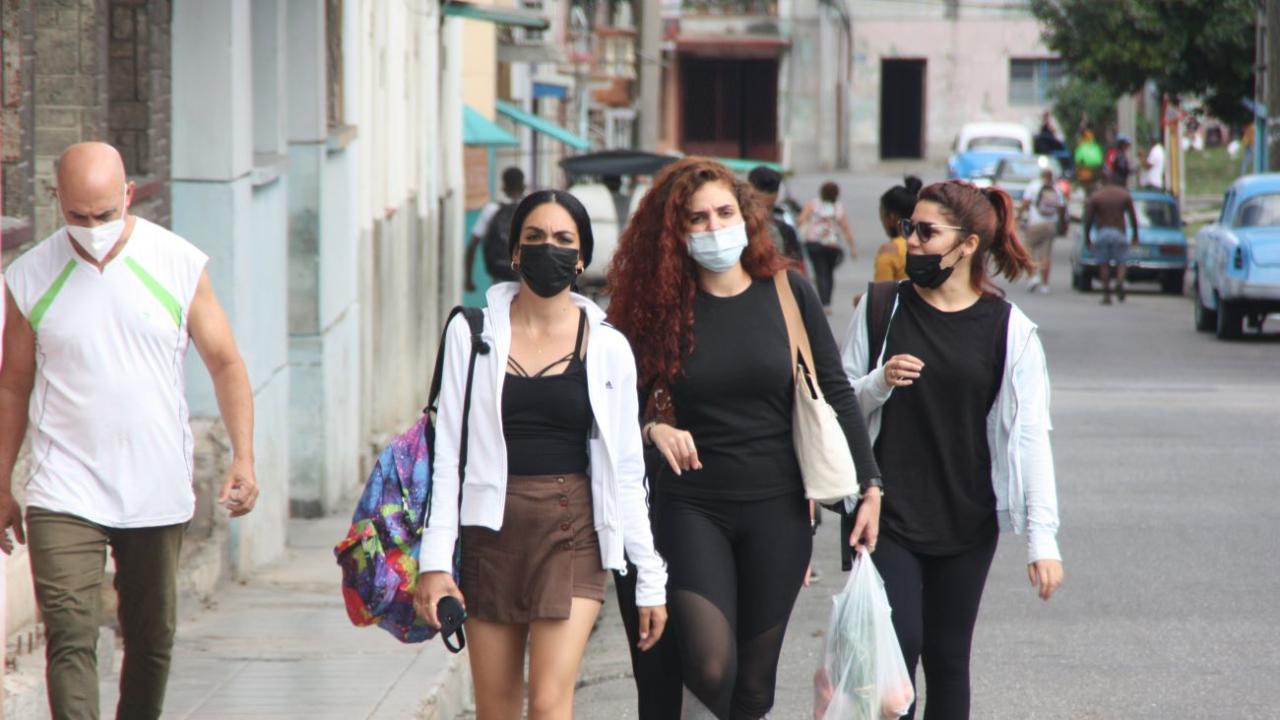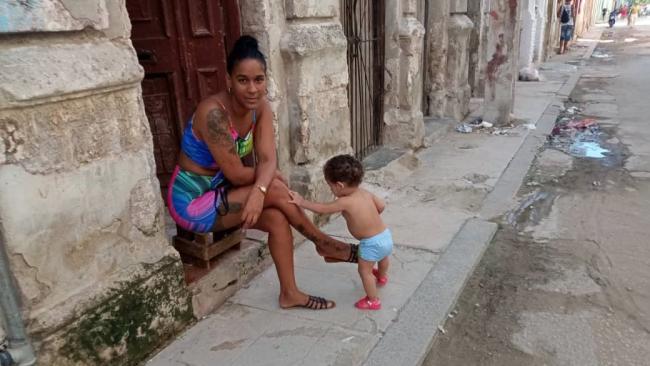Demands for progress towards goals like gender equality and the protection of Cuban women against VAW are not only being voiced by independent feminist platforms, but also the United Nations, as the regime has received requests that it strives to hide from the public. The official propaganda's modus operandi is the same: silence, opacity and half-truths.
In the last paragraph of a piece in the regime's newspaper Granma on gender and the need not to feature macho violence in the media, author Susana Antón Rodríguez, mentions that specialists from the Ministry of Foreign Affairs presented a report with the Government's response to the Committee on the Elimination of Discrimination against Women (CEDAW).
Antón, however, limited herself to saying that the document includes "the advancement of women and the policies that are implemented for this purpose in the country" in reference to the official program approved in this regard in 2021 via a presidential decree. She did not dedicate one letter to the appeals sent to the regime by the UN's body of independent experts.
In 2017 the CEDAW, which monitors the implementation of the Convention on the Elimination of All Forms of Discrimination against Women, recommended that Havana ensure "that all legal systems, in particular plural legal systems, protect victims and survivors of gender-based violence" so that they "have access to justice and effective reparations."
This is an issue that remains unresolved in Cuba, as there is little response to the demands of feminist platforms and other independent civil society organizations for real protection, rehabilitation and fair compensation for victims of gender-based violence.
The Committee also asked the Government for actions aimed at the adoption of a comprehensive law against gender violence and the specific classification of femicide as a type of crime. The regime has not responded, however, and has even evaded requests emanating from within its own legislative apparatus.
During the Extraordinary Session of the National Assembly of Popular Power held on May 14 and 15, 2022, Deputy Mariela Castro Espín, Director of the National Center for Sex Education (CENESEX), asked that the crime of femicide be included in the new Criminal Code. The proposal by the daughter of Raúl Castro was rejected.
In December of 2019 the same Assembly denied a request submitted by 40 Cuban activists, with more than 900 signatures, to include a comprehensive law against gender violence on the legislative schedule. This regulation is not slated for the 2023-2028 period either.
The Committee on the Elimination of Discrimination against Women also requested updated data on the number of femicides and statistics on cases of gender-based violence against women. The request was not for general figures, but rather for data broken down by type of gender-based violence, age, ethnicity, disability, the relationship between the perpetrator and the victim, and the number of prosecutions and convictions and sentences imposed on perpetrators.
The response, again, was unsatisfactory. The Cuban Observatory on Gender Equality, created in early June by the Federation of Cuban Women (FMC), controlled by the Communist Party of Cuba (PCC), has disclosed few figures so far. In the statistics offered it has avoided the term "femicide" and has called the deceased women "victims of intentional homicide as a result of gender violence."
In May the Supreme Court of Cuba reported that it handed down 18 convictions for VAW in 2022. In a piece published by the regime's press, the regime's justice body argued that it "acts with the consequent severity within the framework of what is established in the law," imposing "sanctions of incarceration for over 25 years and, in some cases, perpetual incarceration."
The number of convictions issued for femicides is negligible, however, since macho violence has claimed the lives of more than 175 women, girls and boys in Cuba since 2019, according to the records kept out by independent observatories. Thus far this year there have been at least 60. The actual numbers could be even more alarming, given the regime's secrecy on the matter.
Ileana Álvarez, director of the feminist magazine Alas Tensas, called the Cuban regime machista.
"There is a marked intention to distort reality to prevent many countries from denouncing it as a violator of human rights, as an abusive regime that does not protect its women or comply with what was agreed to," she told DIARIO DE CUBA.
"The regime acts like any male chauvinist, ignoring the voice of women, denying an increasingly dramatic problem. It criminalizes feminist activism. They don't allow us to associate, nor do they consult us to carry out public policies for the prevention of VAW in any of its forms," she complained.
"We have been very specific and repetitive when it comes to stating our demands. Is it so difficult to create safe houses for women and their children who are forced to live with their abuser because they have nowhere to go? Is the blockade to blame for their non-existence? Of course not, there is an institutional indolence and cynicism that aggravates inequalities and takes lives."

